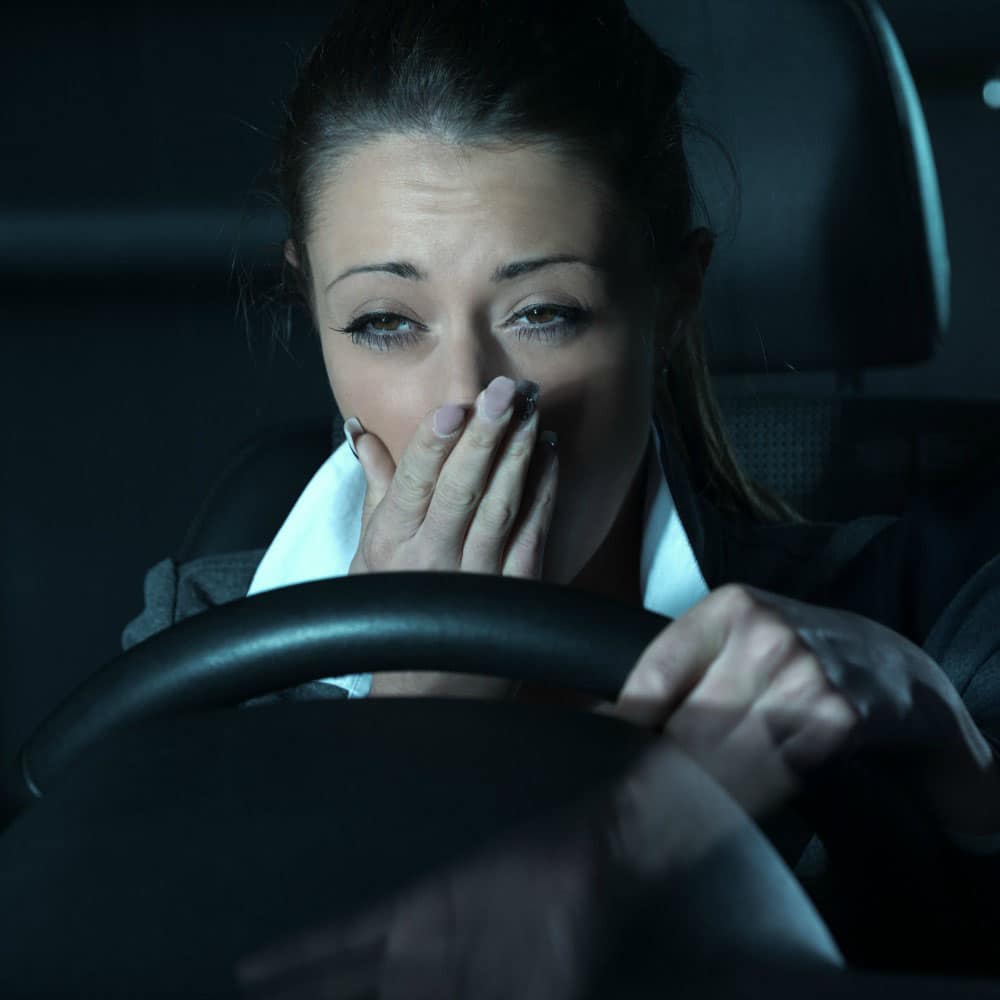Microsleep can be a dangerous sleep episode as it is a serious risk factor for vehicle accidents and other errors. These episodes occur as the body’s response to severe sleep deprivation or consistently disrupted sleep: When a person is tired the body reduces alertness and this can lead to microsleep.
While microsleep can happen at any time, including while engaging in demanding activities, those who work nights, rotating shifts, those with sleep apnea, and individuals with insomnia that seriously disrupts sleep may fall asleep for brief periods during the day.
Animal studies suggest that microsleep may shut down individual portions of the brain, when this happens one may appear to be awake or continue on with the activity that they are doing but they are unable to process information or understand what is happening.
These episodes can happen when the body is fatigued and very sleep-deprived, there is no single medication condition that causes all episodes of microsleep, but any medical condition that affects sleep can cause microsleep. Fatigue can increase the risk of experiencing a microsleep episode. One study found that having these episodes indicates more severe sleep deprivation in those with obstructive sleep apnea.
Risk factors for microsleep include but are not limited to working the night shift or rotating/swing shifts, continuously disrupted sleep, having sleep apnea, insomnia, and using drugs that affect sleep. Those with narcolepsy may also experience microsleep episodes, and these people may suddenly fall into a deep sleep for extended periods of time due to the condition disrupting the brain’s sleep-wake cycles.
Symptoms of microsleep may not have any obvious signs or can include but are not limited to sudden lapses in attention, suddenly not remembering where you are or what you were doing, confusion during complex tasks like driving, feeling zoned out, and forgetting the last few moments. Bystanders may notice a person looking awake but not being fully responsive, portions of a conversation being forgotten, or they may need to remind a person of what they were doing just a few seconds before.
Microsleep is a response to severe sleep deprivation, when it occurs a person is so tired that they lose control over the ability to stay awake. Microsleep greatly increases the risk of vehicle accidents, errors at work, confusion during the day, relationship issues, causing harm to themselves or others around them.
Preventing these episodes from occurring requires a person to address the cause of their extreme fatigue, which may mean changing to more consistent work shifts, getting more sleep, or seeking treatment for sleep apnea. Treatment may include undergoing therapy to manage anxiety, changing sleep habits, changes in employment practices, or possibly taking medication.
If you think that you may be experiencing microsleep episodes you should contact your doctor or certified medical professional. Additionally, you should also seek medical attention for intense daytime sleepiness, frequent nighttime waking, consistently not sleeping. Problems with inattention or confusion during the day, and suddenly feeling confused during conversations or other daily activities.




